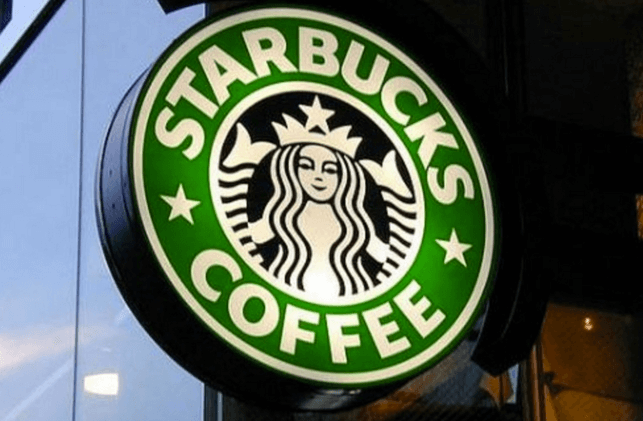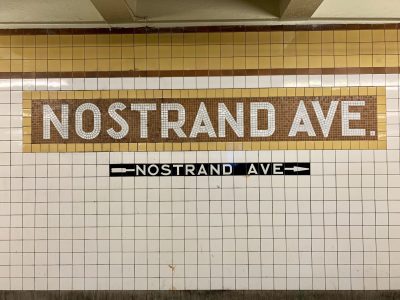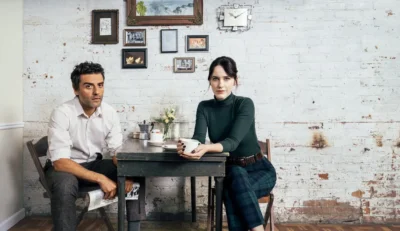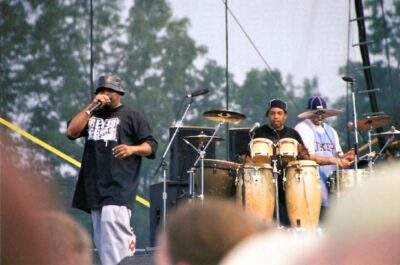“I’m Happy for the Gentrification”: On Starbucks and Sunset Park

Whether or not the arrival of a Starbucks in a neighborhood is an early harbinger of gentrification or a symbol that gentrification has already run its course is a matter of some debate. While plenty of people understandably correlate the megachain’s presence in their neighborhood with higher rents and the closure of small, independent retail outlets, it remains undeniably true that many Brooklyn neighborhoods were well past the early stages of gentrification when they received their first Starbucks locations, and that the presence of a Starbucks is less a cause of gentrification than it is a symptom of it.
But, of course, this type of pragmatism is difficult to maintain when it comes to the rightfully inflammatory topic of gentrification, a topic for which Starbucks has come to symbolize a great deal more than just a pricier place to buy coffee than Dunkin Donuts. Rather, Starbucks outrage is is meant to channel all of an unwillingly gentrifying community’s discontents—anger at the intrusion of chain stores and venture capital money, frustration at spiking real estate costs, and residents’ refusal to go quietly into that good night aka be forced to move out of the only homes many of them have ever known. Blind hatred of Starbucks, in other words, might not always be logical, but it makes a specific emotional sense.
And so: Sunset Park. While many parts of Brooklyn are currently undergoing massive transformations, perhaps none are experiencing as dramatic and rapid of a change as Sunset Park. Recent capital infusions into and the ongoing development of the neighborhood’s Industry City—as well as constant declarations that Sunset Park is the “next hot neighborhood“—have rightfully made many residents nervous about what all these changes mean for them, the people who actually live in the middle of “Gentrification Inc.”
Thus when Tony Giordano, an administrator of Sunset Parkers, a Facebook group which “builds community” by posting photos, news, and information about current events and political changes, posted a critique last Sunday of a meeting of Sunset Park power players involved with Industry City—all of whom were white in a neighborhood that is majority Latino—it understandably led to a heated discussion in the comments section about the lack of inclusiveness in the neighborhood’s development. And this is where Starbucks comes in.
As reported by Gothamist, one of the commenters—Dana Dobrzynski, whose comments and account have since been deleted—started defending the gentrification of the neighborhood, writing: “The businesses that are coming and the money that is flowing into the neighborhood are what will keep it alive!” But Dobrzynski didn’t stop there. She also hinted at the impending arrival of a “Roastery” coming to Industry City, one which would “create approximately 300 jobs” and also “provide a place to enjoy and learn about amazing coffee.”
Dobrzynski, it turns out, is a store manager at Starbucks, a company which does indeed operate giant “Roasteries” in addition to their more familiar stores. And while Starbucks wouldn’t confirm Dobrzynski’s claim that it was coming to Sunset Park, the company didn’t deny it either, only saying that it doesn’t comment on “speculation.”
Over on Sunset Parkers, most commenters immediately declared their allegiance to bodega-classic Bustelo (also a personal favorite along with good old Chock Full o’ Nuts), and questioned Dobrzynski’s guarantee of such a high number of jobs for area residents as well as her willingness to understand why there was concern about the way the neighborhood was changing. Rather than thoughtfully engage in what was a heated but not uncivil discussion, Dobrzynski signed off, writing: “Wow. You people are really out of control and angry residents. And I won’t stoop to your level. I’m happy for the gentrification and will be happier when it moves these ‘angry old timers’ out.”
Dobrzynski’s side of the exchange—at first seemingly well-meaning, but then frankly, malevolently dismissive—is emblematic of everything that gentrification, chain stores, and, indeed, Starbucks have come to represent for the longtime residents of gentrifying communities. This smug certainty and the patronizing assurances that everything will be alright if we all just stand back and trust capitalism and commerce is so often presented at first with the most benign of facades. Trust the chain stores! They bring new jobs! Change is good! But that veneer of civility is soon dropped when it’s confronted by any kind of blow back, any honest challenge.
And so while Starbucks per se isn’t the real problem here—if indeed a Roastery does come to Industry City, its arrival won’t be the final nail in the coffin—many of the people advocating for its presence are the real problem, for their unwillingness to take into account diversity of opinion and experience, concern about preservation of a neighborhood’s integrity, and perhaps most of all, their inability to see beyond the bottom line.
Follow Kristin Iversen on twitter @kmiversen
You might also like 























